
by Gideon Marcus
Understanding the Other
Civilization is about building a society out of disparate units. It has to go beyond the family and clan. The key to organizing a civilization is empathy, recognizing that we are all different yet we share common values and rights. Once we understand each other, even if we don't agree on everything, then we can truly create "from many, one."
Science fiction allows the exploration of cutting edge sociological subjects, one of them being the understanding of the "other". That's because the genre has a ready-made stand-in for the concept: the alien. Indeed, many science fiction stories are allegorical; they address colonialism, the Cold War, societal taboos, in ways that might currently be too touchy or on-the-nose for conventional fiction. We can hope that, with the bottle uncorked, less allegorical stories will be required in the future.
Of all the science fiction magazines that come out every month, I think Fred Pohl's trio of Galaxy, IF, and Worlds of Tomorrow has the strongest tradition of incorporating aliens (Analog also has aliens, but thanks to its editor's sensibilities, they are almost invariably both more evil and inferior to human beings; Campbell likes a certain kind of allegory…)
Meeting the Minds

by George Schelling (it says it illustates War Against the Yukks, but it doesn't)
This month's Galaxy is a case in point, with six of its nine tales involving aliens of one kind or another. There's some good stuff in here, as well as a number of slog stories. Let's look, shall we?
Committee of the Whole, by Frank Herbert

by Nodel
Watch your step — there's a rough patch right at the start.
Whole is a meandering preach piece about an inventor who appears before a Congressional committee with news of a new, revolutionary invention. I'll just tell you about it because the first two thirds of the story are less suspenseful than obtusely annoying: it's a ray gun. Its applications are infinite, but the one most of the Congressmen are worried about is that every owner has a weapon more powerful than the atom bomb at their disposal. And, because of the way the invention has been disseminated, everyone in the world has access to them.
The result, the inventor opines, is going to be a world of true libertarian equality. "An armed society is a polite society" is how the expression goes. It's the kind of naive sentiment that would go over well at Analog, but for adults, it's just ridiculous. In equalizing humanity through armed neutrality, the inventor has made aliens of us all. I'll wager that Earth's population of humans will be dead inside a week…and probably most of the animals.
One star, and yet more disdain for the Herbert byline.
Wrong-Way Street, by Larry Niven
Ah, but then our fortunes truly turn around. Wrong Way Street gives us the unplanned adventure of Mike Capoferri, a scientist stationed on the Moon late this century to investigate an alien base and space ship. They have lain on the lunar plain for countless millions of years, and their provenance and function are completely unknown. That is, until Mike unwittingly not only discerns the motive force for the space ship, but also activates it. Here, understanding the alien way of thinking proved hazardous to Mike's health. Can he get home? Will the human race survive his journey?
This is author Niven's third story, and he continues with the same deftness he displayed with his recent short novel, World of Ptavvs. I guarantee that the ending of Street will stay with you.
Four stars.
Death and Birth of the Angakok, by Hayden Howard

by Jack Gaughan
Peterluk is a young Eskimo out hunting when a horrifying bunch of one-eyed Seal People arrive. He panics and entreats his powerful Grandfather, holed up in Peterluk's igloo, to aid him with his mystical powers. But Grandfather is too weak to assist and, in the end, Peterluk is left to defeat one of the aliens with a conventional rifle.
When the Seal People ship surfaces from beneath the ice, much to Peterluk's surprise, it disgorges not aliens but white people in uniform. And Peterluk begins to doubt the power, and even the human nature, of his strangely humped, ever demanding Grandfather.
Confusing at first, Angakok is actually a pretty neat tale of two types of aliens (human and truly extraterrestrial) as seen from the point of view of one completely naive to other cultures. While the bones of the plot are fairly conventional, I appreciated the novel viewpoint.
Three stars.
Symbolically Speaking, by Willy Ley

Any meeting of the minds between human and alien will require a common symbology to convey ideas. A science fiction writer looking for inspiration for such a symbol set could do worse than to read Willy Ley's latest science article for Galaxy, in which he discusses the evolution of symbols for the planets, alchemical substances, numbers, etc.
Fairly dry, but there's interesting information here. Three stars.
A Wobble in Wockii Futures, by Gordon R. Dickson

by Gray Morrow, channeling Bill Gaines
Tom and Lucy Reasoner are a recurring pair in a series of stories, this being the fourth. Sort of a "Nick and Nora" meets Retief, the stories of the Reasoners began charmingly enough, with Tom an interstellar diplomat with a mystery to solve, and Lucy his sometimes discerning assistant.
Last time around, Tom had not only gotten inducted into the interstellar assassin's guild, but he'd also catapulted Earth onto the galactic scene, dramatically increasing his home planet's clout. Now the humans have gotten themselves hip-deep in a planetary investment that made turn out to be completely worthless. Tom must find out who hoodwinked the Terrans and why before humanity is bankrupted.
This installation has the same problem as the last one — Lucy is sidelined and played for stupid, and the humor of the tale just isn't funny. Dickson can, and usually does, do better.
Two stars.
Wasted on the Young, by John Brunner
The concept of the "teenager" is a fairly recent one. It used to be that kids enjoyed a relatively short childhood before transitioning to the labor force and/or marriage. Now there is an intermediate phase before adulthood during which a youngster can learn the ropes of grown-up society.
Brunner's latest story posits an even longer period of immaturity, one in which kids are given free credit until age thirty to do whatever they want. The catch: once they reach their fourth decade, they have to pay back what they've spent by being productive members of society. Thus, the wastrels find themselves indebted indefinitely, while those who lived a spartan life get to be free agents.
Hal Page, age 32, believes he knows a way to cheat the system…but in the end, society has use for people who have spent it all, even their life.
There's a great idea here, but I feel it was somewhat wasted on the gimmick (and not particularly logical) ending. Still, three stars.
The Decision Makers, by Joseph Green

by Jack Gaughan
Allan Odegaard is a Practical Philosopher, a kind of emissary for humanity to other worlds. His job is to judge whether a planet is inhabited by intelligent life or not; if so, Terran policy is to keep hands off. As one would expect, such a determination is often strongly opposed by financial interests.
Capella G Eight is an ocean planet, though during times of Ice Age, three continents emerge from the sea as the water level drops. Its dominant life form is a seal-like creature. Though it possesses a relatively tiny brain pan, somehow it lives in a communal society and can use tools. Is it intelligent? Does the fact that these creatures live near a rich uranium deposit factor into Odegaard's decision?
We've seen this kind of story before — H. Beam Piper's Fuzzy series is probably the purest example, though J.F. Bone's The Lani People should also be noted. It's a worthy subject, and Green does a pretty good job, though the ending is abrupt and not quite as momentous as I would have liked.
All in all, it's the best story I've seen from Green in an American publication (he tends to stick to the English side of the Atlantic.) Three stars.
Slow Tuesday Night, by R. A. Lafferty
We're back to Earth for this one. We all know that the pace of life has only quickened over the generations. Lafferty, whose middle name would be "whimsy" if the initial were a W. and not an A., writes of a future society in which society is speeded up a hundred-fold compared to now. Fortunes are made and lost in minutes. Marriages last an hour on a good night. And a lifetime can be lived in a week.
It's cute, but the satire wears thin about halfway through. Also, there are only two female characters, and their sole goal appears to be competing for the earliest wedding of the evening.
A low three, I guess.
Sculptor, by C. C. MacApp
Eight years ago, a disgraced spaceman abandoned his crewmates on an alien world, rushing home with a set of invaluable statues — and a hole in his memory about the affair. Now he has been shanghaied by a criminal bent on returning to this world and plundering it for more of the exquisite figurines.
What race made these wrought-diamond minatures? And why does the amnesiac spaceman feel such dread on the planet's surface?
This is another "they looked like us" yarn that has been around since Campbell kick-started the genre with Who Goes There (and Heinlein made it popular with The Puppet Masters). It's so prevalent, in fact, that there's another example of it in this very issue! (Angakok) Despite not really treading on new ground, it may well be the best work I've seen from C. C. MacApp, a fairly recent author who never fails to never quite succeed.
Three stars.
War Against the Yukks, by Keith Laumer

by Gray Morrow
Six years ago, the Journey had the (dubious) pleasure of reviewing Missile to the Moon. It was one of a long line of movies involving a man-less society, run by a bunch of sex-starved female beauties just waiting for a hunk to tip the order on its ear.
Laumer's latest is the same old story: this time, the men are an anthropologist and his stereotypically British assistant, who are whisked to Callisto where they encounter the last remnants of an ante-diluvian war between the sexes. High Jinks ensue(s?)
Only the author's puissance at writing elevates this story above the level of dreck. Even then, it's a disappointment. I understand that satirizing a hoary cliche can be fun, but the whole point of Galaxy is that the magazine doesn't even acknowledge the existence of said cliches, much less indulge in them.
It really deserves two stars. I'll probably give it three anyway.
Summit's End
This month's Galaxy was as alien-heavy as usual, and there was a broad variety of stories. On the other hand, with the exception of the Niven, there were no stand-outs. Indeed, the issue read more like an overlong issue of IF (which has also dipped in quality) than Galaxy of old.
Nevertheless, Ad Astra per Aspera. What goes down must come up again, and when humanity finally does meet the alien denizens of the stars, should they exist, our starship crews will doubtless have been inculcated with the lessons learned in SF, particularly in magazines like Galaxy.


![[March 8, 1965] An Alien Perspective (April 1965 <i>Galaxy</i>)](https://galacticjourney.org/wp-content/uploads/2020/03/650308cover-435x372.jpg)

![[December 5, 1964] Steady as she goes (January 1965 <i>IF</i>)](https://galacticjourney.org/wp-content/uploads/2019/12/651205cover-672x372.jpg)







![[November 11, 1964] Unloading (December 1964 <i>Amazing</i>)](https://galacticjourney.org/wp-content/uploads/2019/11/amazing-6412-cover-493x372.png)


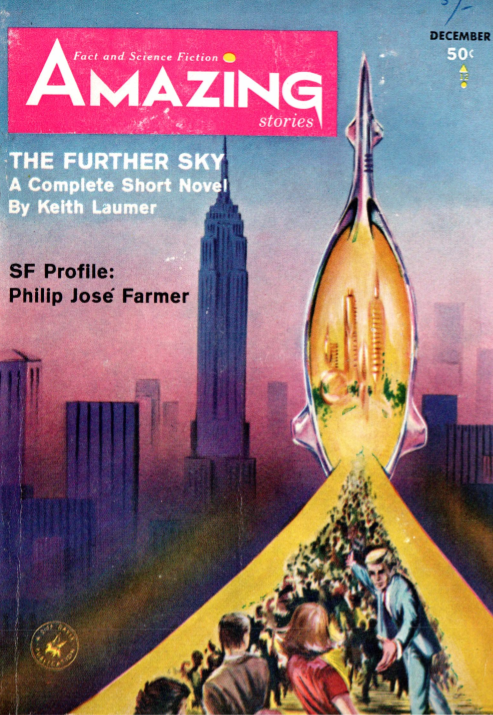
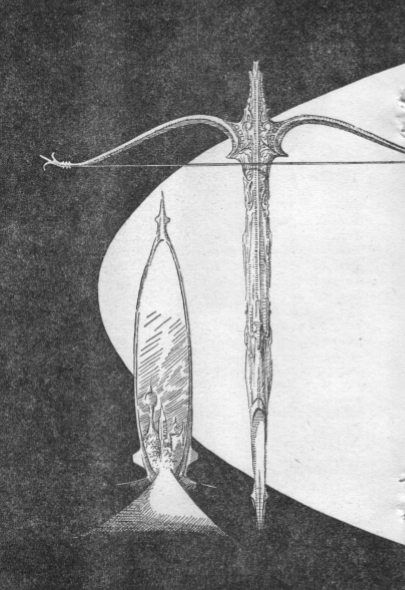
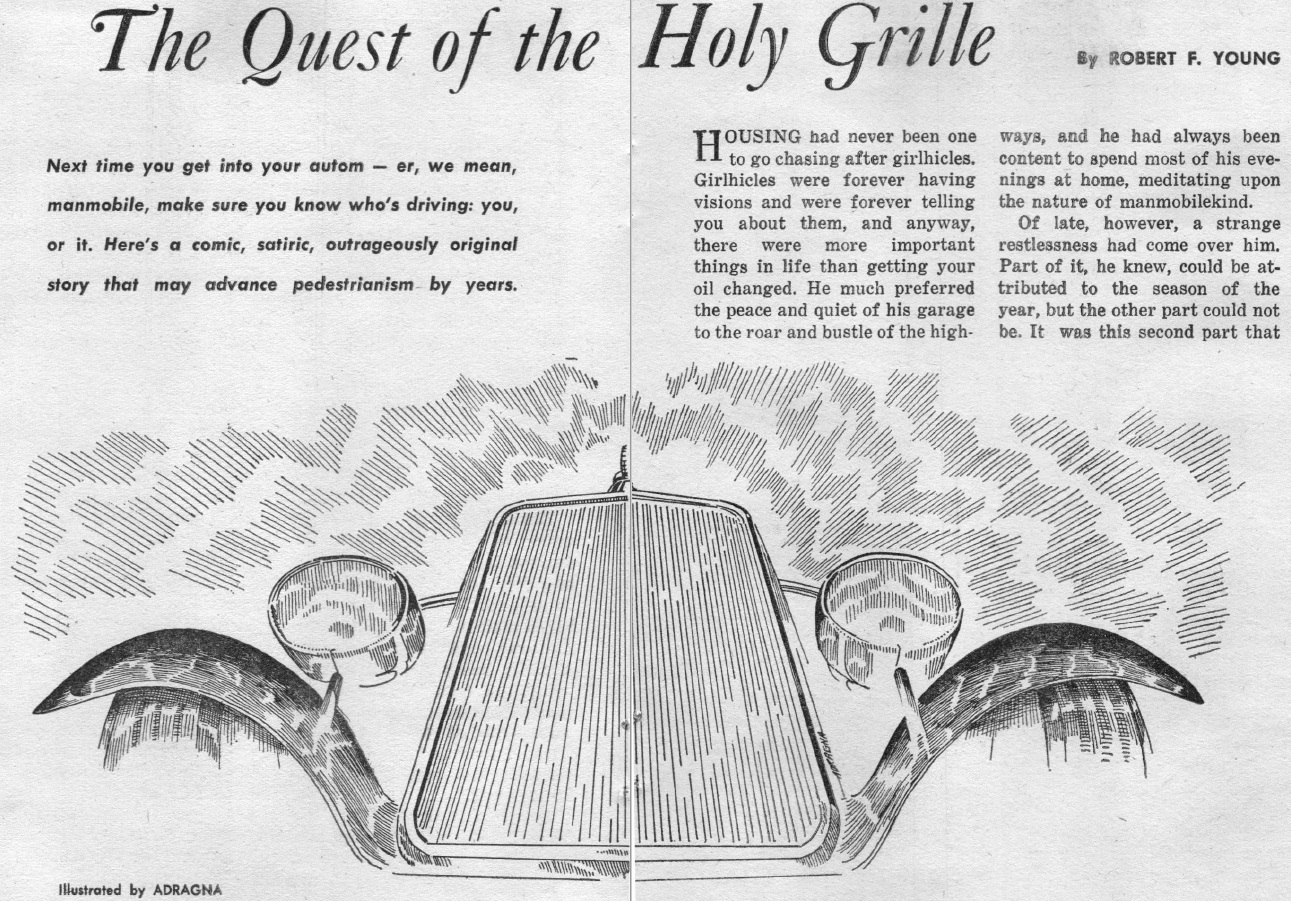


![[November 7, 1964] Landslides and Damp Squibs (December 1964 <i>IF</i>)](https://galacticjourney.org/wp-content/uploads/2019/11/641107cover-672x372.jpg)








![[October 8, 1964] Through Time and Space (November 1964 <i>IF</i>)](https://galacticjourney.org/wp-content/uploads/2019/10/641008cover-672x372.jpg)
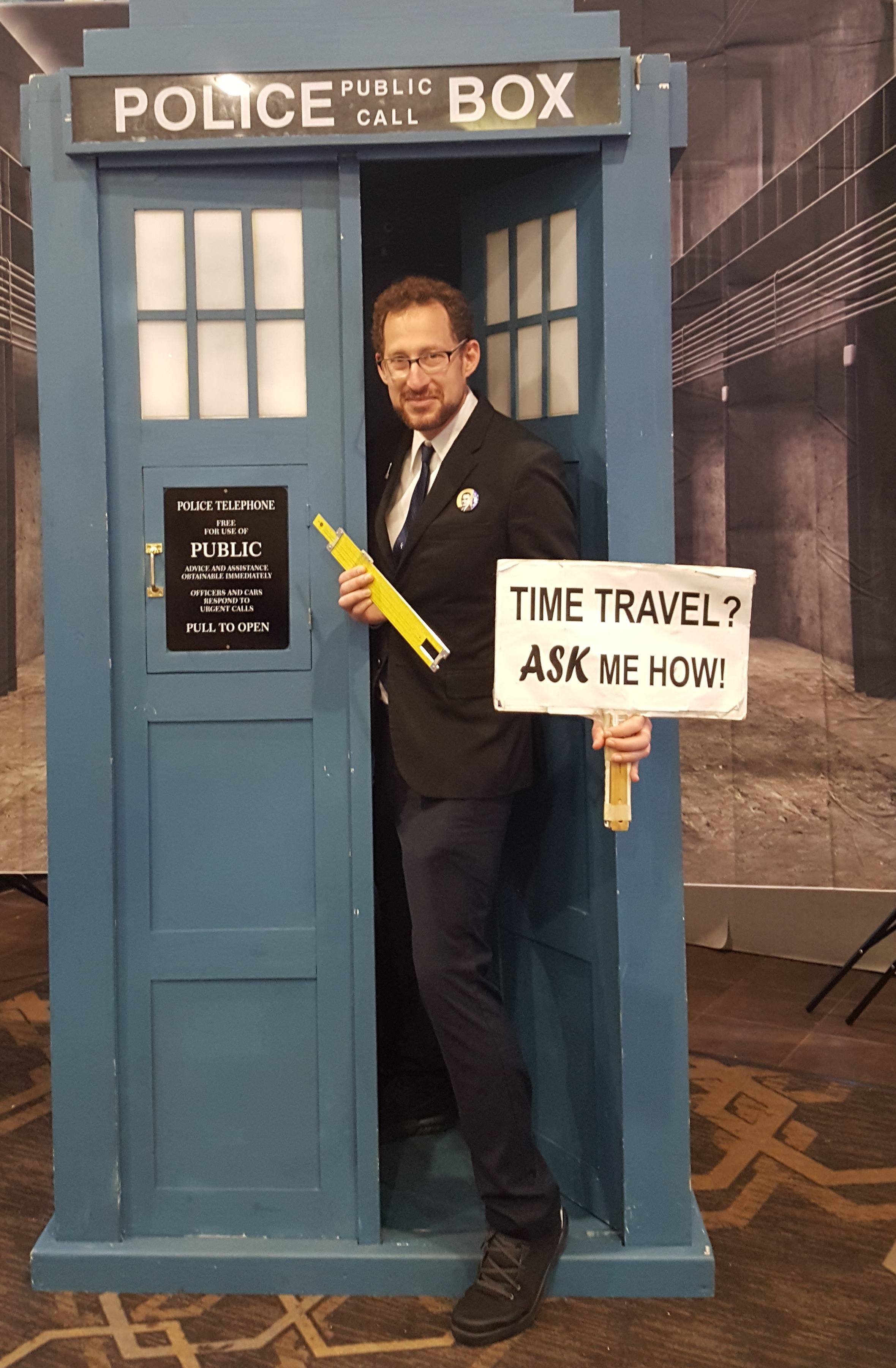


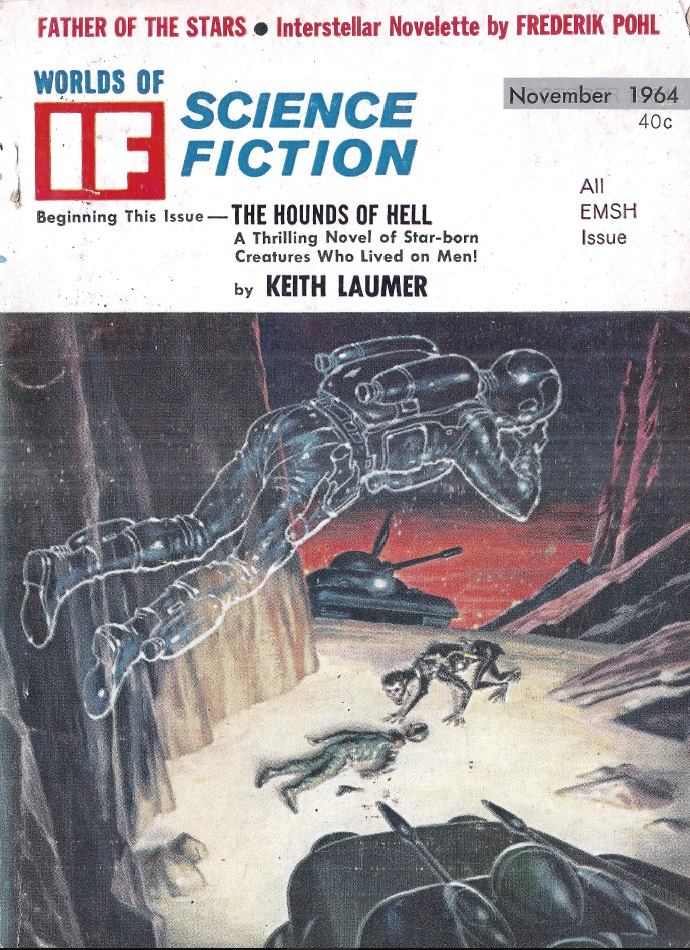
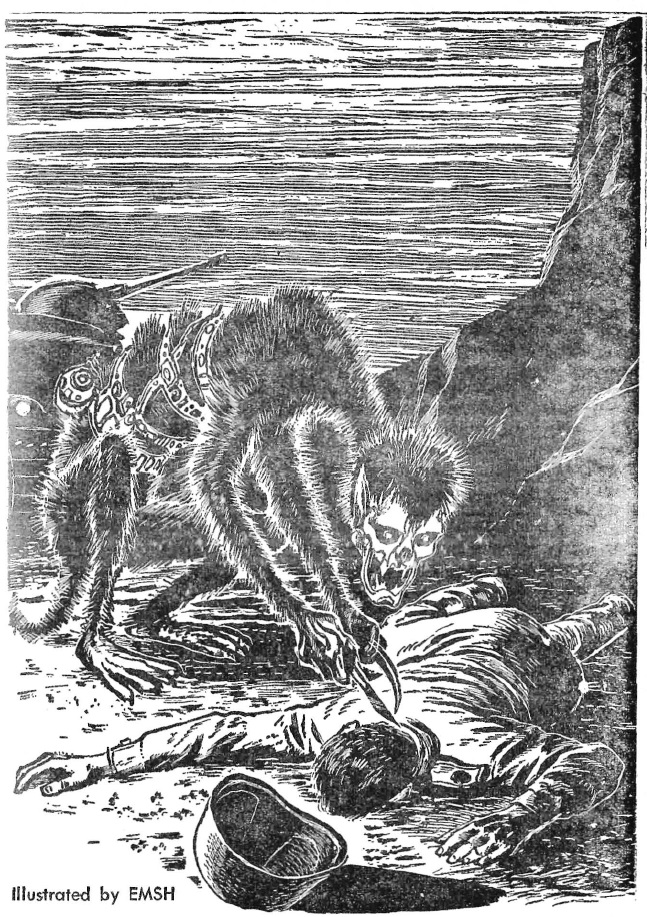

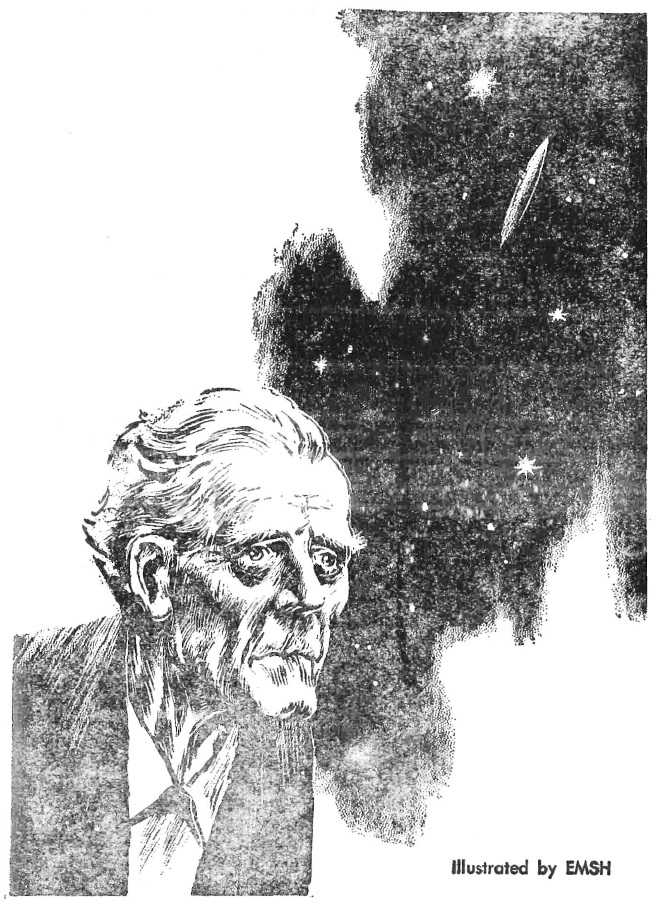

![[September 18, 1964] Split Personality (October 1964 <i>IF</i>)](https://galacticjourney.org/wp-content/uploads/2019/09/640918cover-672x372.jpg)







![[July 6, 1964] Busy Schedule (August 1964 <i>IF</i>)](https://galacticjourney.org/wp-content/uploads/2019/07/640706cover-672x372.jpg)

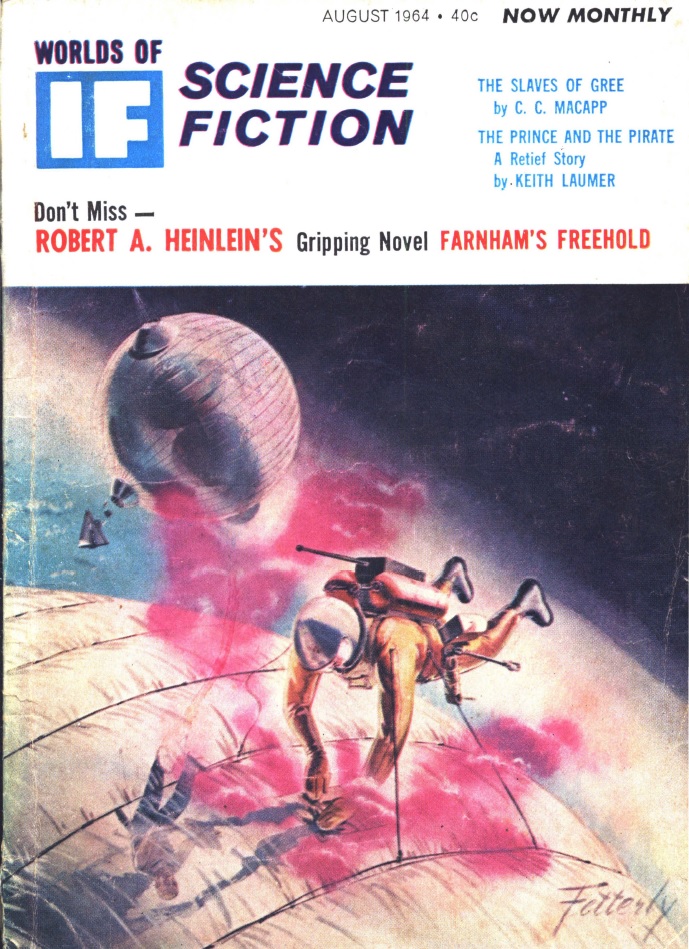
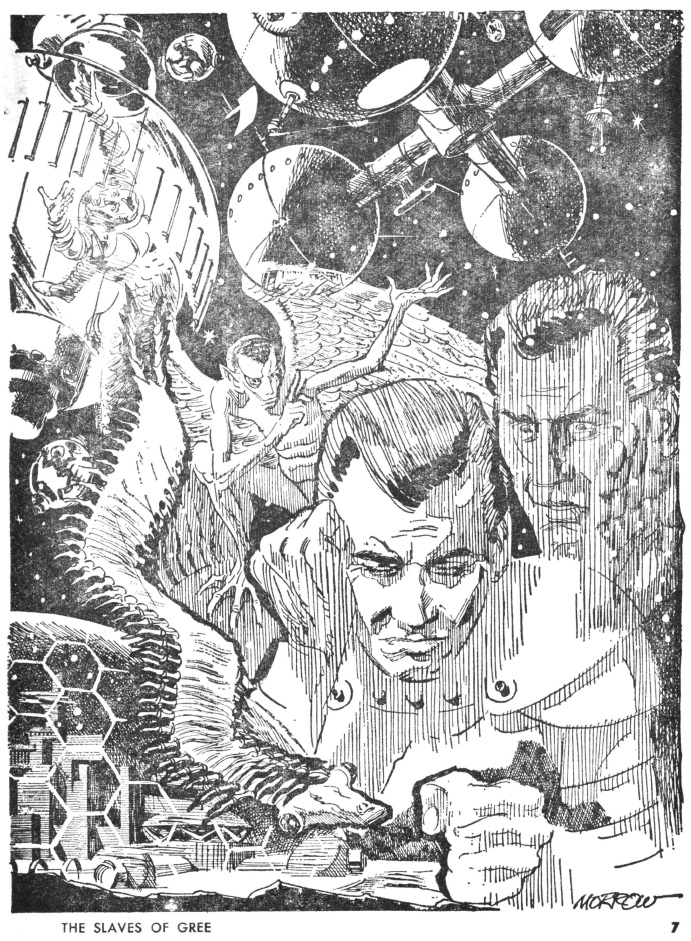
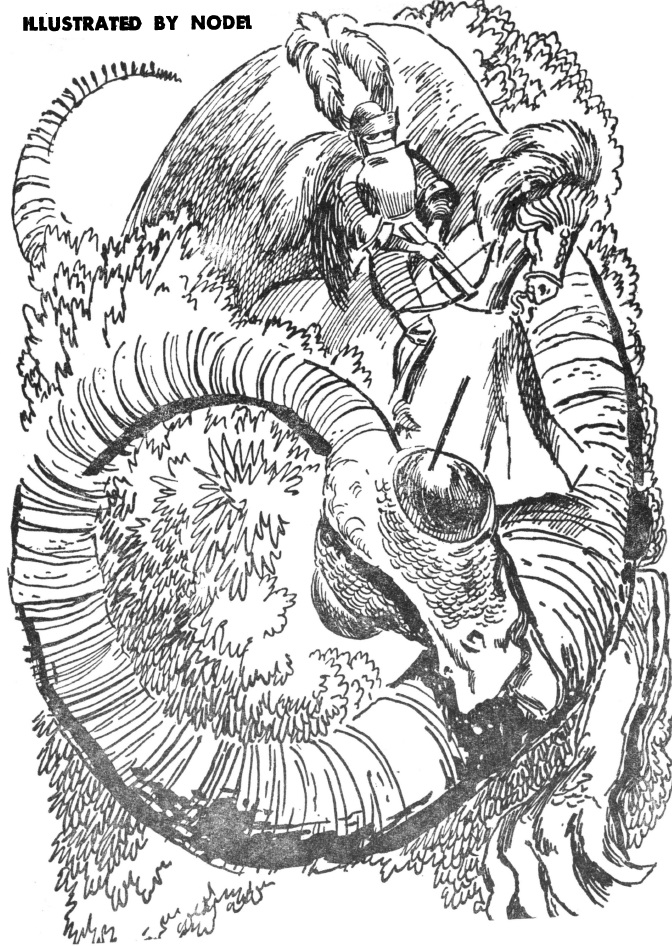
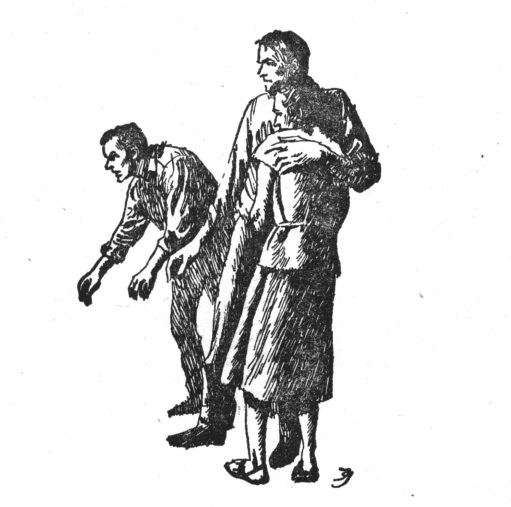
![[June 12, 1964] RISING THROUGH THE MURK (the July 1964 <i>Amazing</i>)](https://galacticjourney.org/wp-content/uploads/2019/06/640612cover-672x372.jpg)






![[February 9, 1964] Bargain Basement (March 1964 <i>IF</i>)](https://galacticjourney.org/wp-content/uploads/2019/02/640209cover-672x372.jpg)






![[January 8, 1964] A Taste of Homely (February 1964 <i>Galaxy</i>)](https://galacticjourney.org/wp-content/uploads/2019/01/640108cover-570x372.jpg)




